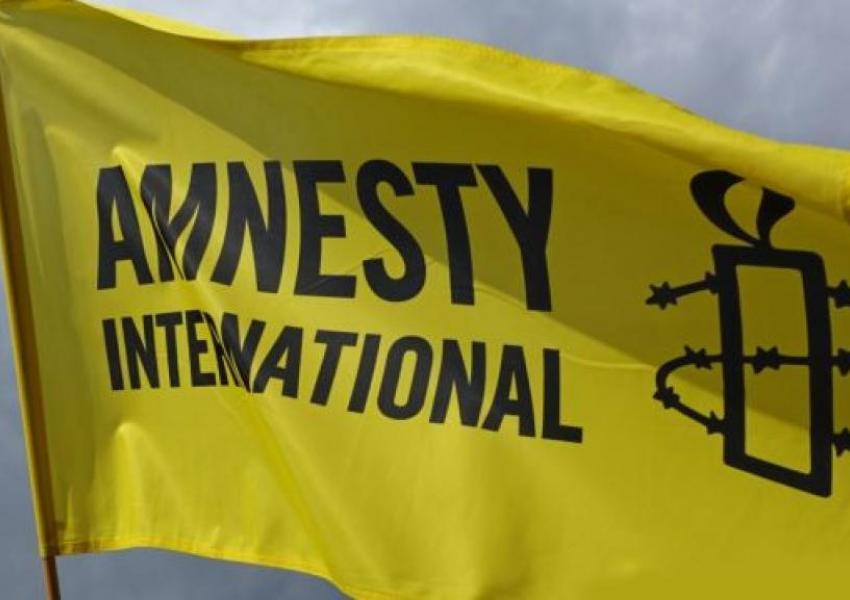
Amnesty International: Iran Still Responsible for a Third of All Executions
In its annual report on capital punishment, Amnesty International announced that there has been a 30 percent decrease in the number of executions in 2018, which makes it the lowest number of executions that Amnesty has reported in the past 10 years. However, Iran is still responsible for a third of all the world’s executions.
This drop is not just in the number of executions performed by countries like Iran, Iraq, Pakistan, and Somalia, but the number of countries that have abolished capital punishment has also increased.
At least 690 executions were recorded in the world in 2018, out of which 78 percent were performed in Iran, Saudi Arabia, Vietnam, and Iraq. Only 3 executions were recorded in Afghanistan.
Out of 193 countries last year, 19 performed executions and 174 did not.
After the reform of drug laws in Iran, the number of recorded executions dropped from at least 507 in 2017 to at least 253 in 2018, which is a 50 percent drop.
Last year, 25 executions in Iran were drug-related. Murder, kidnapping, armed revolt, robbery, war against God, and spreading corruption on earth, were the charges that led to the death penalty in Iran in 2018.
According to Amnesty, at least 13 executions were performed in public, and 7 of the executed were minors when they committed the crime.
In a few countries like Iran, “confessions” taken under torture are used to get convictions and the death penalty. The execution of Mohammad Salas, a Gonabadi dervish is among those cases.
Amnesty International also received two reports of stoning in Iran that it could not confirm.








